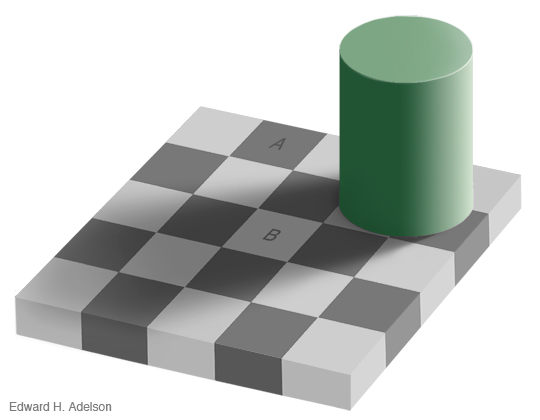
When I began teaching this topic, I was scared because I had no idea what I was doing. I'd never had an S&P course in college and this seemed a little daunting. Over the years, with a lot of hard work, some research, and some wonderful internet sites, I learned and learned.
Today, I'd like to share and highlight the work of John H. Krantz of Hanover College in Southern Indiana. For years, he has been at the forefront of taking concepts online in an interactive format for students (and teachers). This site is about sensation and perception and its constituent parts. While I cannot use all the illustrations in an introductory course, there are some great specific ones I can use. Be sure to have the latest Java to help your experience.
Experiencing Sensation and Perception (includes cognition and neuroscience links)

There is lots more on this tremendous site. Poke around a bit and see what you can use.




